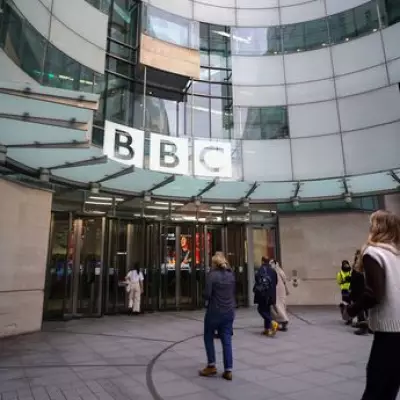
Millions of British workers are set for an unexpected financial hit as the government's stealth tax policy continues to bite deeper into household budgets. The ongoing freeze on income tax thresholds, now extended until 2028, means that pay rises will push more earners into higher tax brackets - effectively increasing their tax burden without any official rate changes.
The Stealth Tax Strategy Explained
This clever fiscal manoeuvre, known as 'fiscal drag', works by keeping tax thresholds static while wages continue to rise with inflation. As salaries increase, more workers find themselves pushed into higher tax brackets or losing their tax-free personal allowance entirely.
The current arrangement means the personal allowance remains frozen at £12,570, while the higher-rate threshold stays put at £50,270. With average wages projected to continue rising, HMRC estimates this policy will drag approximately three million additional taxpayers into the higher 40% rate band by 2028.
What This Means for Your Pay Packet
The financial impact varies significantly depending on your earnings:
- Basic rate taxpayers earning £20,000 will see an additional £248 in tax by 2028
- Middle earners on £35,000 face an extra £623 tax burden
- Higher rate taxpayers earning £60,000 will pay £1,253 more
- Top earners on £100,000 face a staggering £3,789 increase
The Political and Economic Context
Chancellor Jeremy Hunt has defended the threshold freeze as a necessary measure to help rebuild public finances following massive pandemic-era spending. However, critics argue this approach disproportionately affects middle-income earners who are already struggling with the ongoing cost of living crisis.
"This is taxation by stealth," explains one economic analyst. "While the government can claim they haven't officially raised tax rates, the reality for millions of workers is that they'll be keeping less of their hard-earned money each month."
Looking Ahead to 2028
With the freeze now confirmed to continue until April 2028, financial experts are urging workers to reassess their long-term financial planning. The cumulative effect of these threshold changes means that what appears to be a pay rise on paper may not translate into significantly improved take-home pay.
As one tax specialist noted: "Many people will be surprised to discover that their anticipated salary progression over the coming years will result in a much larger tax bill than they anticipated. This makes proactive financial planning more important than ever."





